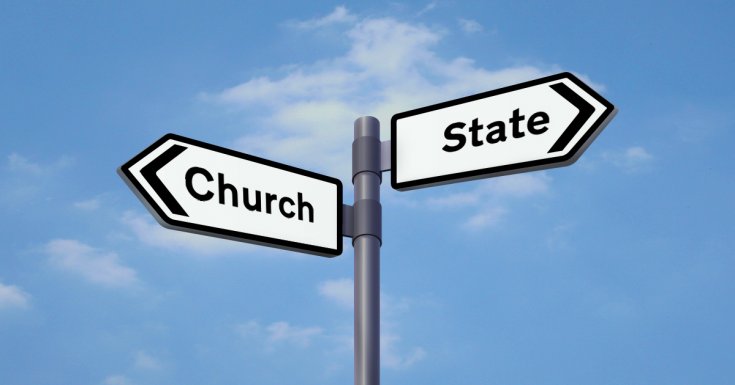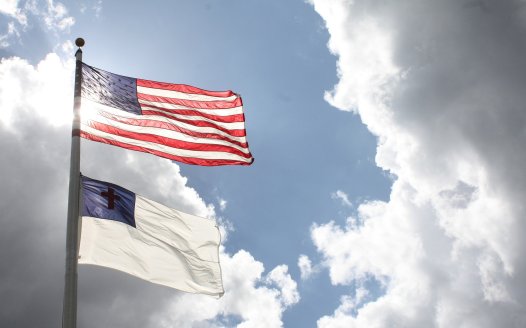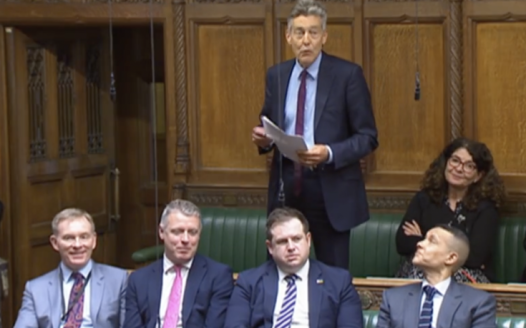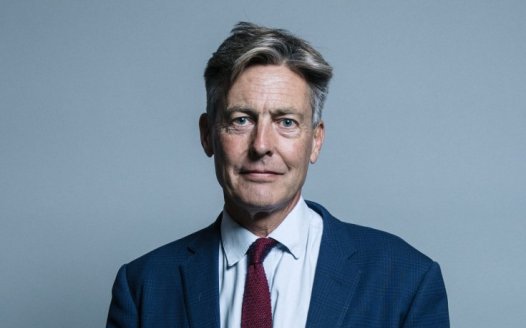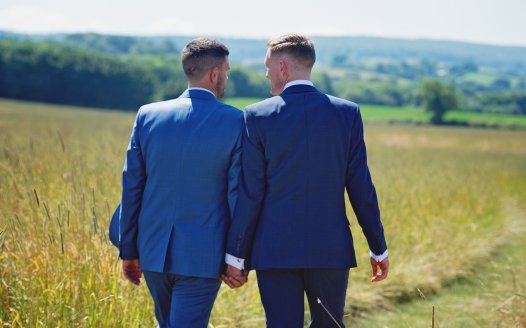A homophobic church shouldn’t be an arm of the state
Posted: Fri, 20th Jan 2023 by Stephen Evans
Anglican bishops' stance on same-sex marriage shows Church and state have drifted apart. Formal separation should follow, say Stephen Evans.
After a six year process of "listening and learning" Church of England bishops have decided their stance on same sex marriage will not change.
In a sop to Anglicans who want a more inclusive church, bishops are proposing to allow 'prayers' and 'blessings' for same-sex couples in civil partnerships. Bishops will also apologise to LGBT+ people for the "rejection, exclusion and hostility" they have faced in churches. The Archbishop of York, Stephen Cottrell, said bishops were "deeply sorry and ashamed". But they're not changing their position.
The issue of same sex marriage has caused decades of deep division within the Church. The Archbishop of Canterbury Justin Welby said the latest plans "will appear to go too far for some and not nearly far enough for others."
Initial reactions suggest he's not wrong. Equality campaign group Changing Attitude England said bishops had chosen to "continue the practice that systemically abuses LGBTQIA+ people" and called their apology a "hollow gesture".
Jayne Ozanne, a prominent LGBT+ campaigner and a member of the synod, said the bishops' decision was "utterly despicable".
She said: "I cannot believe that five years of pain and trauma has got us here. We have had countless apologies over the years but no action to stop the harmful discrimination".
Meanwhile, conservatives are livid at what they see as the Church's "capitulation". Christian Concern said the decision to bless gay couples (or "sexual immorality", as they put it) will "go down in history as a turning point in the decline and fall of the Church of England."
There may be those who think the Church is being principled in upholding its theology on marriage. I'm not a theologian so I can't comment on that, other than to say theology often seems to be in the eye of the beholder. When societal attitudes shift, churches often find themselves behind the curve, but eventually catch up. On issues such as contraception, divorce and women priests, the theology seems to shift when it suits.
One also wonders to what extent the bishops' resistance to same sex marriage is driven by an eagerness not to cause further schism by upsetting the deeply homophobic churches in the global Anglican Communion. Kieran Bohan, co-ordinator of the Open Table Network, expressed concern that "the pressure of being an international denomination, with thousands of Anglican churches around the world, has influenced the Church of England in delaying doing the right thing."
The Church of England's position on this issue matters to everyone, including the non-Anglican majority, because it's the state church. It runs publicly funded schools; its bishops are granted seats as of right in our parliament; it plays a leading role in state occasions. Our head of state is tasked with defending its doctrine.
Parliamentarians keen for the Church to change its stance have used its established status as leverage.
Labour's Ben Bradshaw has accused the Church of "actively pursuing a campaign of discrimination against lesbian and gay people". He warned that without change the Church's "extraordinary and unique privileges in its role in the nation's life" are "unsustainable."
Following this week's announcement, he predicted the Church was heading for a "major constitutional clash with parliament".
He said: "It's a very dark day for the C of E. I'm confident that parliament will want to take a very close look at this. The overwhelming view of MPs on both sides of the house is that it is not sustainable for our established church to be institutionally homophobic and to actively exclude a portion of the population, whom they have a duty to serve."
Tony Baldry, a former Conservative MP, government minister and Second Church Estates Commissioner, has echoed this: "I have little doubt that if the church cannot find a way forward that enables clergy either to marry same-sex couples or to bless their weddings, MPs will soon feel the need to intervene."
Steve Reed, MP for Croydon North and the Shadow Secretary for Justice, said it was "unacceptable for the established church to continue pandering to ancient bigotry".
Conservative MP and leader of the House of Commons Penny Mordaunt also weighed in this week, applying pressure with an open letter expressing hope that the bishops would "back reform".
As a secularist, I find the spectacle of politicians trying to force a church to change its doctrine all somewhat unedifying. But given the CofE's established status, external meddling is inevitable and perhaps justifiable.
The ideal solution is for the Church and state to go their separate ways. The union is no longer a marriage made in heaven. We've simply grown apart. While British society has become increasingly secular and liberal in its outlook, the Church leadership remains several steps behind.
In 2016 Justin Welby described the Church's bishops in the House of Lords as the "most orthodox since WW2". Last year he said there was "unanimity" on the bishops' bench against assisted dying and affirmed the validity of a declaration that gay sex is a sin.
The Church of England has shown itself to be institutionally homophobic. Its doctrine is its own affair, but this minority religion has no business being an arm of the state.
Disestablishment would mean the CofE could no longer enjoy privileged links to the state; but also, that parliament would have no legitimacy in wading into its internal affairs. This is right in principle. A religiously impartial state would better suit the reality of modern Britain – and the Church would be free to determine its direction without undue interference. Separation of church and state would be best for both.
The NSS is hosting a free online discussion on February 15th on the future of Church and state with Anglicans who support disestablishment. Find out more and book your place.
The future of church and state: Perspectives on disestablishment
Free, online discussion | Wednesday 15 February 2023, 6-7pm

